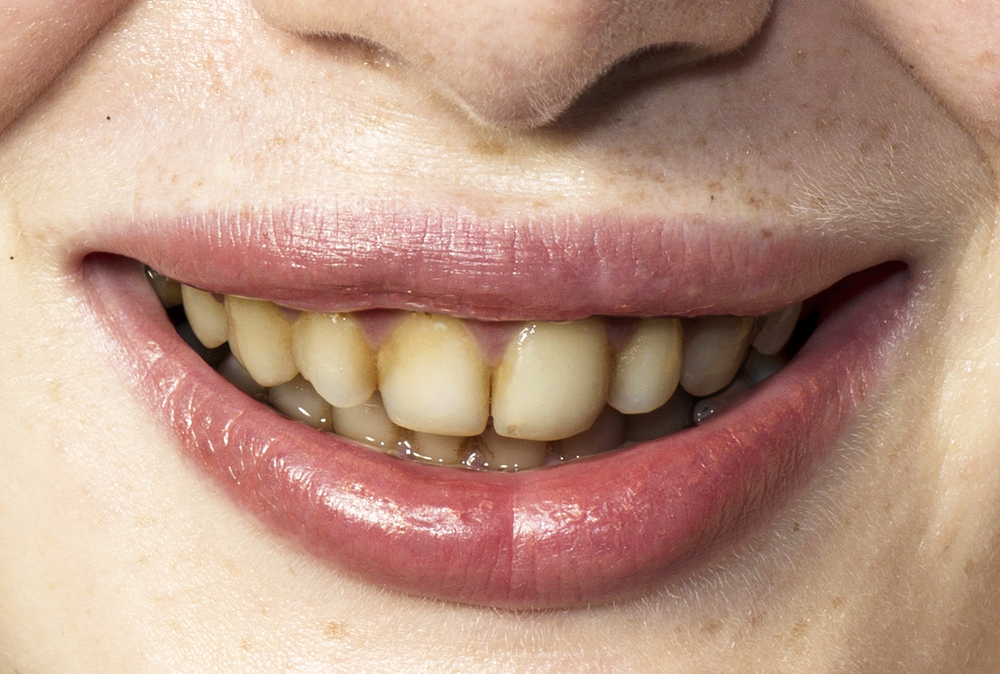Introduction
Tartar is a stubborn dental issue that plagues many individuals worldwide. It’s the hard, yellowish deposit that forms on your teeth. It is formed when plaque, a sticky film of bacteria, minerals, and food particles, is left untreated on your teeth. Doctors have a growing interest in understanding the role of genetics in this dental problems. Can you blame your genes for those frequent dental cleanings, or is tartar formation purely a result of your oral care habits? Let’s get more into this complex issue.
Tartar Formation: A Quick Overview
Plaque consists of bacteria, saliva, and food particles, and if not adequately removed through regular brushing and flossing, it can harden into tartar. Tartar is problematic for several reasons:
- Aesthetic Concerns
- Oral Health
- Habitual Issues
Now, the million-dollar question: is there a genetic predisposition to tartar formation?
The Genetic Factor Behind Tartar Buildup

While tartar formation is primarily linked to oral hygiene practices, there is evidence to suggest that genetics plays a role. Researchers have explored the potential genetic factors influencing tartar formation, although the field is still evolving, and more research is needed to provide definitive answers.
- The composition of your saliva is partly influenced by your genes. Saliva contains minerals, such as calcium and phosphate, which can contribute to the formation of tartar. Variations in the genes responsible for salivary production and composition might affect tartar formation.
- Genetic factors can influence your taste preferences, which, in turn, can affect your diet. If your genetics make you inclined towards sweet and starchy foods, you might be more vulnerable to tartar buildup.
- Genetics can also impact your immune response to oral bacteria. Indviduals who have weaker immune response genetically, are more susceptible to tartar buildup and associated oral health issues.
- The structure and arrangement of your teeth are determined by your genetics. Some people may have teeth that are more tightly packed or have specific grooves and crevices that make it easier for plaque accumulation and harden into tartar.
- Enzymes in your saliva can help break down food particles and bacteria, reducing the risk of tartar formation. The activity and effectiveness of these enzymes can be influenced by your genetics.
Oral Hygiene: Still the Most Significant Factor
While genetics might contribute to the propensity for tartar formation, it’s crucial to emphasize that oral hygiene remains the most significant factor in preventing and managing tartar. Here’s how you can keep tartar at bay:
- Regular Brushing
- Flossing
- Mouthwash
- Regular Dental Check-ups
- Balanced Diet
- Tartar-Control Toothpaste
- Tobacco and Alcohol
Conclusion
While genetics can influence your susceptibility to tartar formation, it’s only one piece of the puzzle. The primary factor in preventing tartar buildup is good oral hygiene. Regular dental check-ups are essential for everyone, as your dentist can tailor your oral care routine to your specific needs, whether genetic or otherwise. So, don’t skip those appointments, and remember that a healthy smile is within your reach through a combination of proper oral care and a balanced lifestyle.
